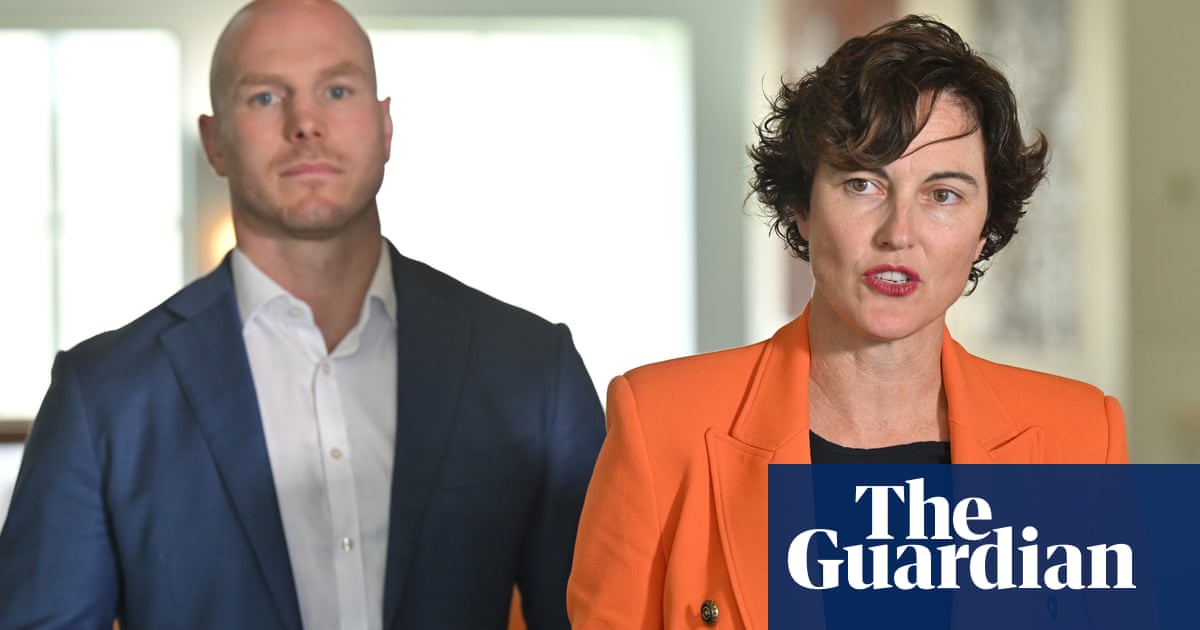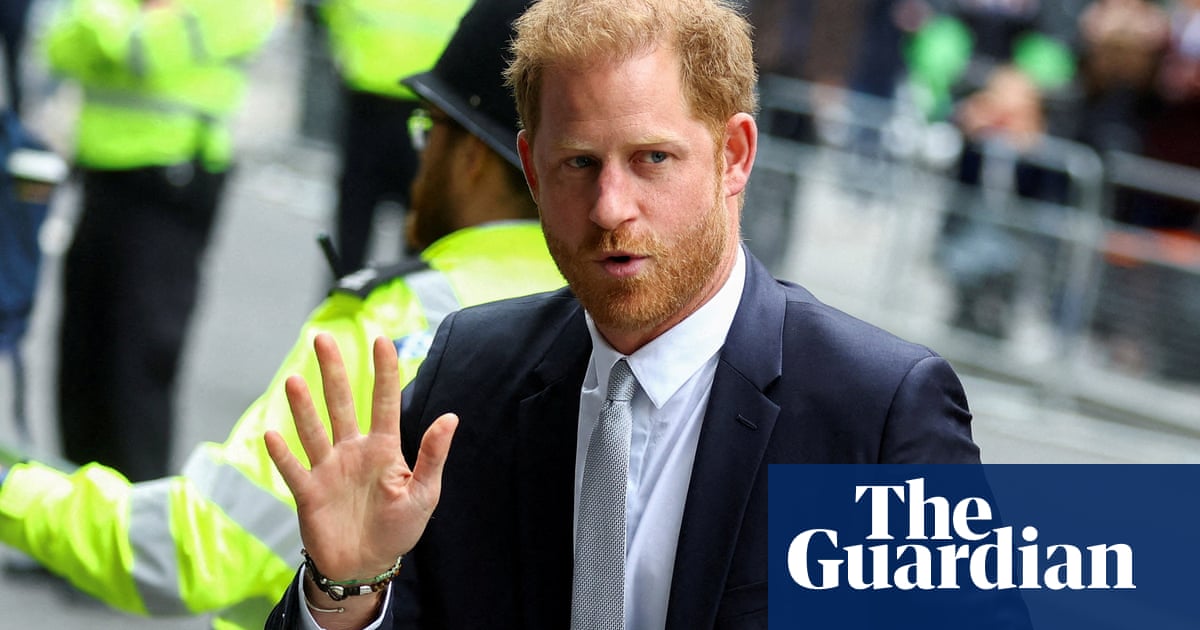As US President Donald Trump and PM Narendra Modi steer their nations into what they deem a "golden age," their shared play book of their "great" nations, national unity, self-sufficiency and being the chosen one of God, show stark similarities in their personality and leadership style.

People listening to the January 20 speech of Trump in India, couldn't help notice the similarities in the focus areas of Donald Trump and PM Narendra Modi. (Image: File)
"The Golden Age of America begins right now," said Donald Trump in his first speech at the Capitol Rotunda after being sworn in as the 47th President of the US. People listening to a January 20 speech in India couldn't help notice the similarities in the focus areas of Trump and Prime Minister Narendra Modi. If it is the 'Golden Age' for Trump, it is Amritkal for Modi. From "drill, baby, drill" to national unity, from cultural pride to God's chosen one, Trump could have been reading from Modi's script.
Trump has hit the ground running with around 100 executive orders that will fundamentally change the American system and how it deals with the world. His speech on January 20 showed his resolve to make America "greater, stronger, and far more exceptional than ever before".
The similarity in focus started right from the beginning. As Trump said, "The Golden Age of America begins right now". This was an echo of PM Modi's 'Amritkal'.
In 2021, Modi used 'Amrit Kaal' for the first time during the 75th Independence Day celebrations. He used the term while laying out a road map for India for the next 25 years. The period that will take India to its zenith.
TRUMP'S 'AMERICA GREATEST' AND MODI'S 'VISHWA GURU'
Not just the golden period, the two had similarities when talking about global leadership roles of their respective countries. Trump echoed Modi's sentiments when he said that the US had the opportunity to reclaim its place as the leader of the world.
"America will reclaim its rightful place as the greatest, most powerful, most respected nation on Earth, inspiring the all and admiration of the entire world," said Trump.
PM Modi has on multiple occasions over the years spoken about how India should be the “vishwa guru”, subsequently "vishwa mitra", and take a leadership role in global affairs. He has cited India's population, scale of economy and contribution to the world to emphasise why India was best-suited to be the "vishwa guru" or "vishwa mitra".
TRUMP AND MODI ON NATIONAL UNITY AND PRIDE
The speech also saw Trump stressing on national unity, a refrain in Modi's speeches.
" unity is now returning to America and confidence and pride is soaring like never before," said Trump, adding that the US would be "colour blind and merit-based".
In his last Mann Ki Baat of 2024, Modi gave a message of national unity, asking people to participate in Maha Kumbh 2025 with the resolve to root out hatred and division from the society.
"Our Kumbh is also the Maha Kumbh of unity," he said.
Modi has also spoken about the pride in being Indian and in how people should be proud of their Indian heritage and history. He has emphasised how there is a resurgence in national pride, and people proudly saying they are Indians.
'DRILL, BABY, DRILL' AND 'ATMANIRBHAR BHARAT'
Trump revealed his single-minded resolve to rejuvenate America's economy and manufacturing with resources in the US. That's what PM Modi-pitched 'Atmanirbhar Bharat' and 'Make in India' aim to do.
"America will be a manufacturing nation once again, and we have something that no other manufacturing nation will ever have, the largest amount of oil and gas of any country on Earth, and we are going to use it, and they use it," Trump said, as he gave the mantra of "drill, baby, drill".
"We will build automobiles in America again at a rate that nobody could have dreamt possible just a few years ago," Trump said in the speech.
PM Modi has tried to make India less reliant on imported energy by focusing on increasing domestic energy production, including from renewable energy sources.
His Atmanirbhar Bharat Abhiyaan for a self-reliant India and 'Make in India' have seen several private companies trying to boost their manufacturing facilities in India.
TRUMP AND MODI BELIEVE THEY'RE 'GOD'S CHOSEN'
Both the American President and the Indian Prime Minister believe God has played a role in their being the leaders of their countries.
"I am convinced that 'Parmatma' (God) sent me for a purpose. Once the purpose is achieved, my work will be done. This is why I have completely dedicated myself to God. He does not reveal his cards, just keeps making me do things," Modi told NDTV in May 2024.
That same sentiment was revealed in Trump's speech. He referred to the attempt on his life during a campaign rally and saw God's hand in saving him from the assassin's bullet for a purpose.
"Just a few months ago, in a beautiful Pennsylvania field, an assassin’s bullet ripped through my ear. But I felt then and believe even more so now, that my life was saved for a reason. I was saved by God to make America great again," Trump said in the January 20 speech.
Then there is the renaming association. India under PM Modi has renamed places and laws to break away from the colonial mindset. Trump has followed that path in the US's bid to reclaim the Gulf of Mexico.
The Ross Island and Neil Island, now Netaji Subhas Chandra Bose Dweep and Shaheed Dweep, respectively, were among the dozens of places that were renamed in India. The colonial-era Indian Penal Code (IPC) was also renamed Bharatiya Nyaya Sanhita (BNS).
"A short time from now, we are going to be changing the name of the Gulf of Mexico to the Gulf of America, and we will restore the name of a great president, William McKinley, to Mount McKinley, where it should be and where it belongs," Trump declared in his inauguration speech.
Though Trump and Modi don't share a speechwriter, it is their beliefs, and their focus areas that make their ideas look similar. They also share a personal bond. With the leaders of the world's oldest and biggest democracies on the same page, the next few years are likely to see coordination and a tighter embrace, which will bring in opportunities for both countries.
Published By:
Priyanjali Narayan
Published On:
Jan 22, 2025

 2 hours ago
2 hours ago

















